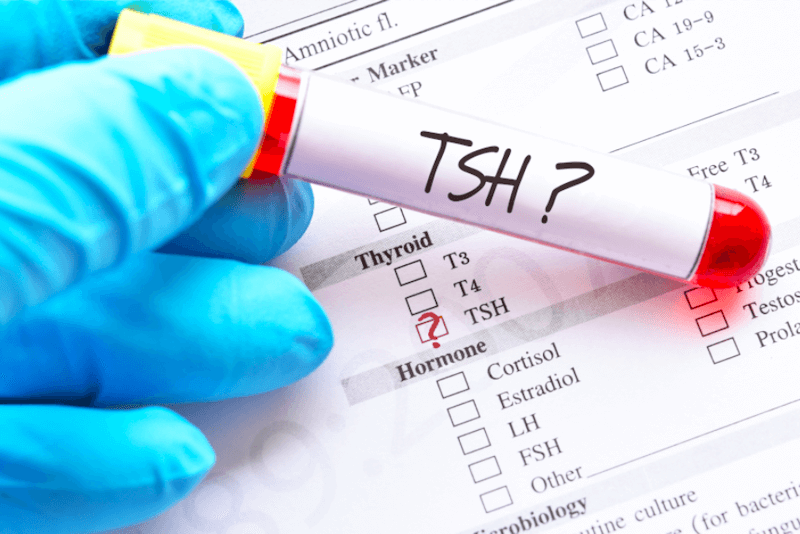Hormones
Can taking Thyrovanz affect TSH?
The TSH (Thyroid Stimulating Hormone) is by far the most common thyroid test and is often used to diagnose hypothyroidism, hyperthyroidism, or to make decisions regarding thyroid treatment. However TSH results can be affected by a number of things, including taking a natural thyroid glandular like Thyrovanz.
The range for TSH is considered normal between 0.4 and 4.0 milliunits per liter (mU/L) depending on the lab used. Levels above this can lead to a diagnosis of hypothyroidism, and levels below this can be an indication of hyperthyroidism. However when taking a natural thyroid glandular like Thyrovanz at optimal levels, TSH will generally become suppressed, i.e below range.
The reason for this is that the body is receiving an outside source of thyroid hormones, and this sends a signal to the pituitary gland (which produces TSH) to lower TSH output as there is already enough thyroid in the system. How can I obtain accurate results if TSH is suppressed? By also testing Free T4 and Free T3, which should be ideally at optimal levels.
Due to the number of things which can affect TSH, it is important to tell your physician if you are taking Thyrovanz (or anything else) which will allow for more accurate treatment.

